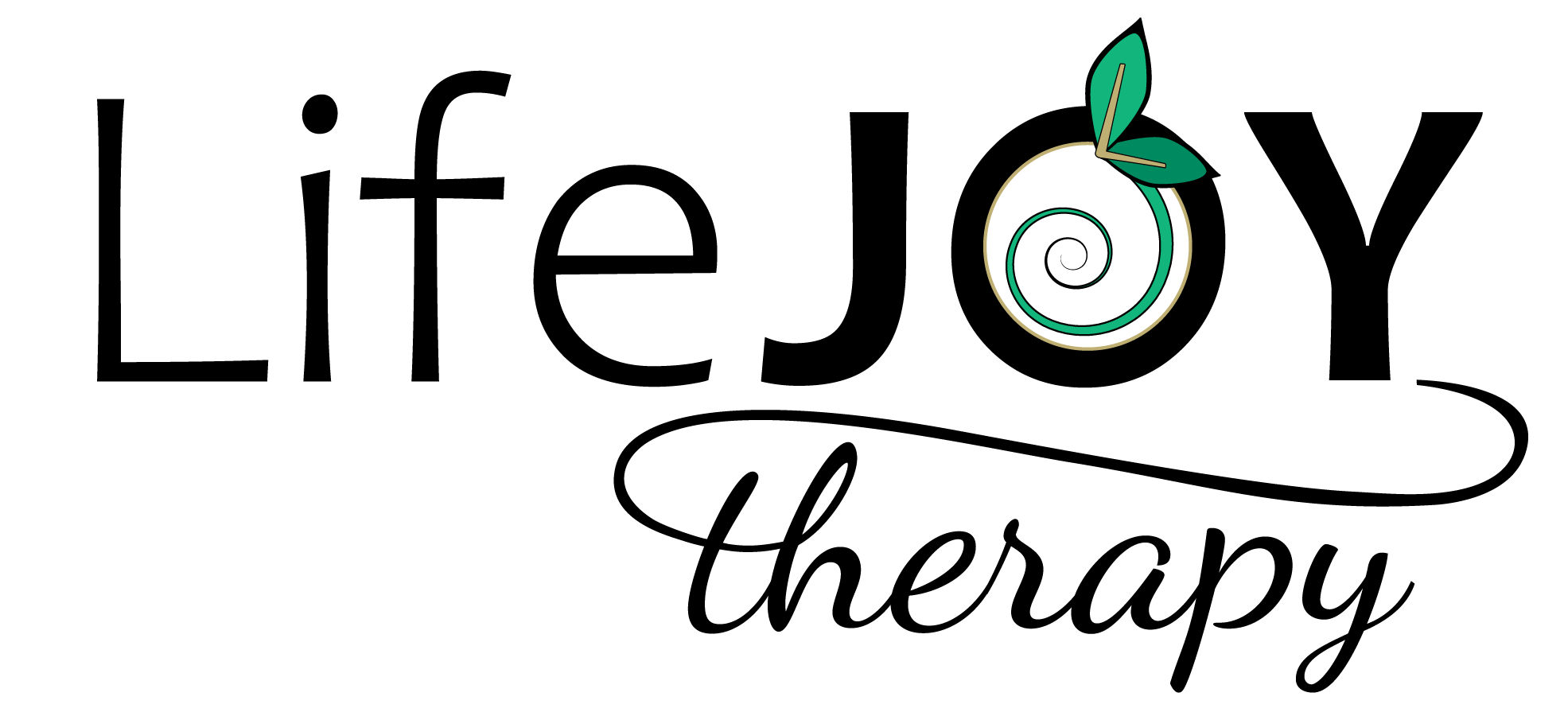What is EFIT?
Emotionally-Focused Individual Therapy (EFIT) is an empirically-based humanistic experiential attachment-oriented approach to psychotherapy developed by Dr. Sue Johnson, who has spent the past 35 years scientifically researching the effectiveness of this approach in creating & sustaining close relationships. EFIT is based on our biological need as humans for emotional connection referred to as Attachment Theory, which provides the systematic roadmap into our complex emotions, our ability to relate to others & create close relationships. It is anchored experientially in the body and emotions and is particularly effective for clients with a history of trauma (abuse or emotional neglect), emotional disorders (depression and anxiety) because these challenges shape one’s view of self and view of others, along with how one navigates their internal emotional world and interpersonal relationships.
Attachment theory is a developmental theory and theory of personality. Clients may engage in an important piece of therapy, leave for a while and consolidate the gains, then return and build on the therapeutic work started. Therapy is often re-initiated at key transitions or anniversaries (marriage, birth of a baby, loss of a parent, anniversary of a traumatic event or loss, etc.)
“Emotion organizes our world & our relationships.”
heal from within
How can EFIT help?
Grown out of a psychodynamic model of change, EFIT can help you understand the power of your emotions & how you can use them to calm the chaos inside.
EFIT can help you have a different relationship with your emotions as it allows you to heal from within during the process of reorganizing your emotional connections & relationship patterns.
With an empathetic and compassionate therapist by your side, you’ll learn how to “confidently encounter the unknown” (Dr. Sue Johnson).
One of the benefits of EFIT is that it tends to get results more quickly than traditional therapy options.
The Goals in EFIT are:
To offer corrective emotional experiences that positively impact relationships & shape new responses to ourselves & others.
To offer transformative moments where vulnerable emotions that are frightening or unacceptable are encountered with balance.
To facilitate clients to move into the openness, responsiveness, & full engagement that characterizes secure attachment with others.
To help clients shape a coherent sense of a worthy, competent self who can deal with existential dilemmas & become a fully alive human being.
How does EFIT work?
Identifying unprocessed emotions by:
Becoming aware of emotions
Expressing emotions
Regulating emotions
Making sense of emotions
Transforming dysfunctional emotional patterns
Identifying other unprocessed emotions
Being a humanistic experiential model of therapy, EFIT focuses on creating immediate change as it offers “the most action in psychotherapy” (Dr. Sue Johnson) by working directly with your emotions to create a difference you feel right away.
It does this by pinpointing your specific needs & relationship patterns & then guides you in a new direction by teaching you everything to do with your emotions - your emotional needs, your emotional reactions, your emotional desires and how to satisfy & fulfill them.
EFIT is humanistic and compassionate therapy.
It’s a very powerful, healing tool to help you move forward with JOY in your life.
3 Stages of EFIT
1. Stage One: Stabilization
Careful process depending on client’s emotional resiliency, resources and degree of trauma and neglect
Step 1: Identify presenting issues
Step 2: Understand ineffective interactional patterns
Step 3: Recognize unacknowledged underlying emotions
Step 4: Reframe issues & emotions
2. Stage Two: Restructuring Attachment of Self and System
Relationships with those people our mind and our world
Step 5: Identify needs & express emotions
Step 6: Promote acceptance & compassion
Step 7: Structure corrective emotional experiences through acceptance of needs to build more coherent models of self & others
3. Stage Three: Consolidation and ongoing growth
New solutions & strengths
Replace problem communication with new interactional pattern by applying new skills in real time
Credit to Dr. Leanne Campbell, EFT Trainer, Vancouver Island, Canada for basic content
Life JOY Therapy specializes in treating professional women in Ontario with issues that are affecting their quality of life, productivity, relationships, and feelings of self-worth. Founder Jennifer Bartok offers an attachment-oriented experiential approach to therapy based on your own humanistic experiences making each and every session custom-tailored to you and your needs. She draws from her expertise in Emotionally-Focused Individual Therapy (EFIT) that uses our biological needs of attachment to understand our emotions, reactions within relationships and helps clients experience the impact that their emotions have on their life and ways to change. She holds multiple credentials and certificates. Read more about Jennifer here.







